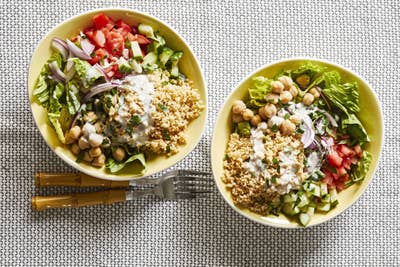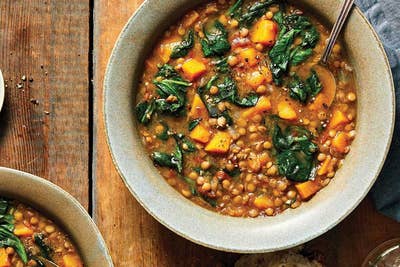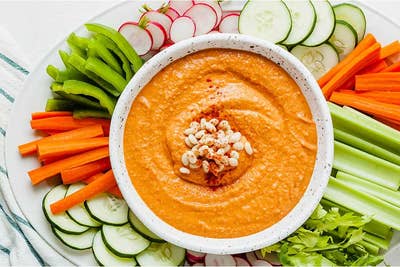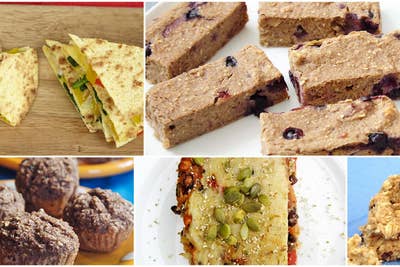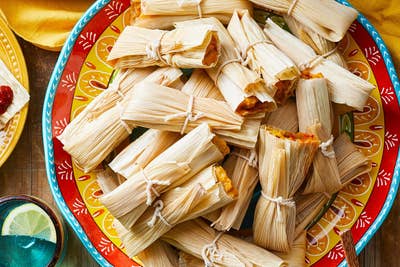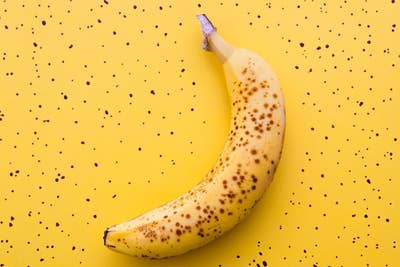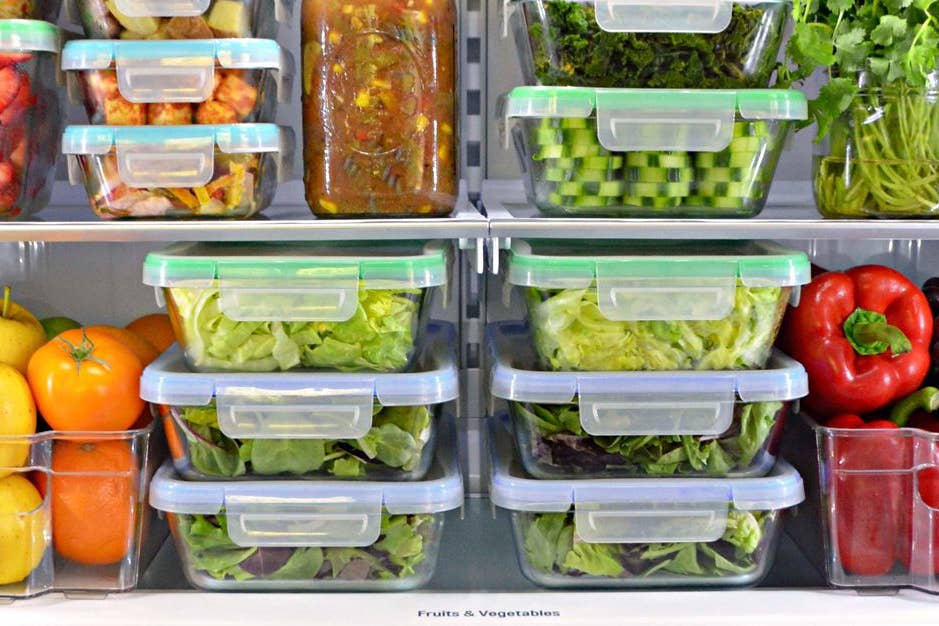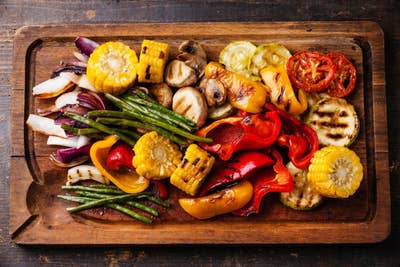



Plant-Based Primer
The Beginner’s Guide to a Whole-Food, Plant-Based Diet
By Courtney Davison | Last Updated:
How a Plant-Based Diet Can Boost Your Health
One of the most powerful steps you can take to improve your health, boost energy levels, and prevent chronic diseases is to move to a plant-based diet. If you’ve seen Forks Over Knives, you know that science shows changing your nutrition is a powerful way to live longer, help the environment, and reduce your risk of getting sick.
There’s excellent scientific evidence that many chronic diseases can be prevented, controlled, or even reversed with a whole-food, plant-based diet. Scientific research highlighted in the landmark book The China Study shows that a plant-based diet can reduce the risk of Type 2 diabetes, heart disease, certain types of cancer, and other major illnesses. Many people also report bigger fitness payoffs, more energy, reduced inflammation, and better health outcomes after making the switch. This Plant-Based Diet for Beginners guide will lay the foundation for everything you need to know to transform your health and happiness through food.
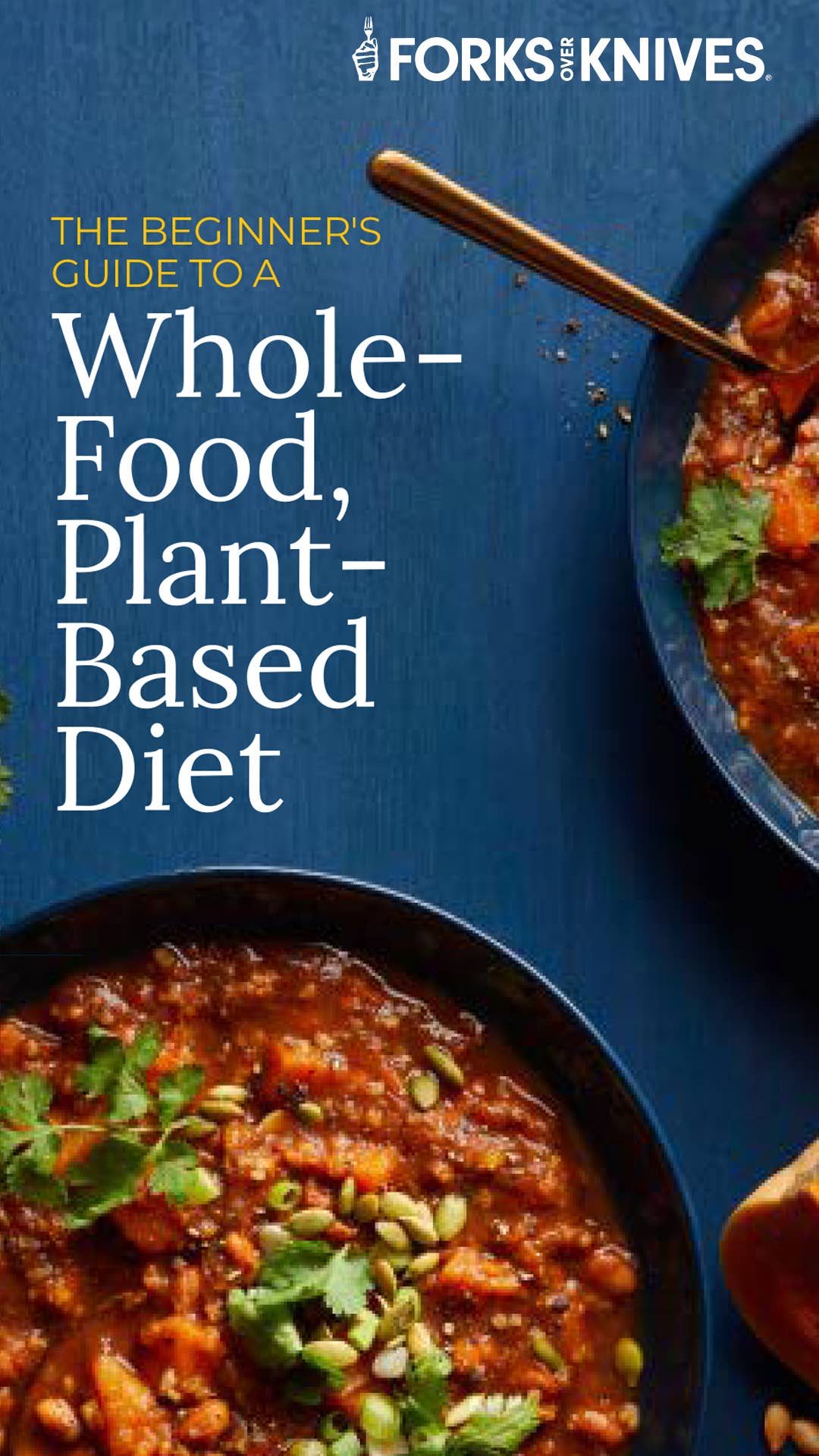
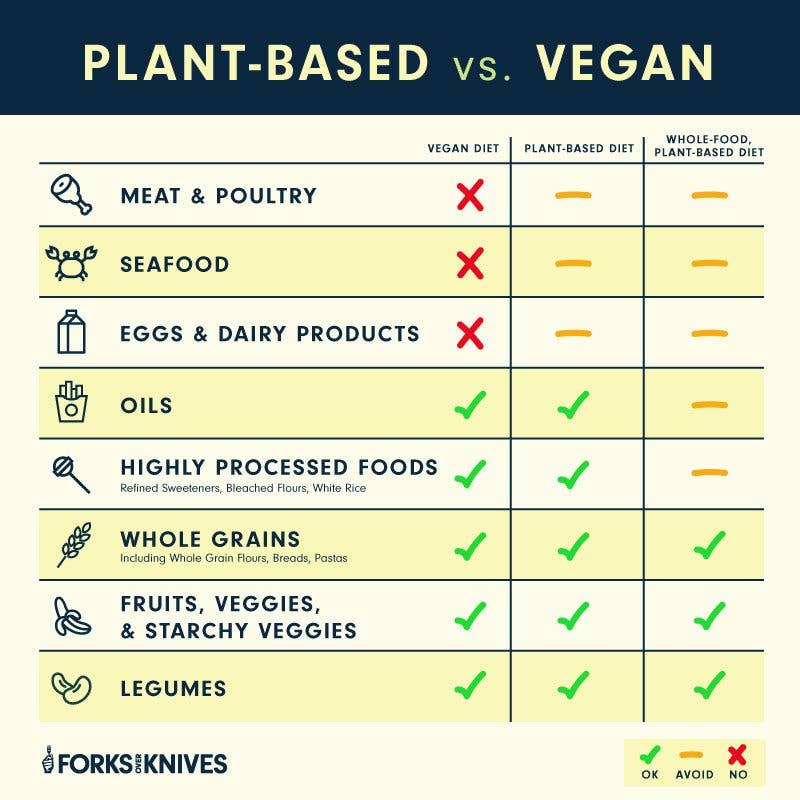
What Is A Whole-food, Plant-based Diet (wfpb)?
A whole-food, plant-based diet is based on the following principles:
”Whole foods”: Natural foods that are not heavily processed. That means whole, unrefined, or minimally refined ingredients.
“Plant-based”: Food that comes from plants and is
free of animal ingredients such as meat, milk, eggs, or honey.
There is overlap between whole-food, plant-based (WFPB) and vegan diets, but there are also some key differences. A vegan diet can include highly processed imitation meats and cheeses; a WFPB diet eschews these products in favor of whole or minimally processed, close-to-nature foods that make it easy to meet your nutritional needs.
The Five Food Groups
Below is a quick overview of the major food categories you’ll enjoy on a plant-based diet, with examples. For a more detailed breakdown of what to eat on a WFPB diet, check out The Forks Over Knives Diet Explained.
- Fruits: Any type of fruit including apple, bananas, grapes, strawberries, citrus fruits, etc.
- Vegetables: Plenty of veggies including peppers, corn, lettuce, spinach, kale, peas, collards, etc.
- Tubers: Starchy root vegetables like potatoes, sweet potatoes, yams, and cassava (aka yuca).
- Whole grains: Grains, cereals, and other starches in whole form, such as quinoa, brown rice, whole wheat, oats, popcorn, etc.
- Legumes: Beans of any kind, plus lentils, pulses, etc.
There are plenty of other foods you can also enjoy, including nuts, seeds, avocados, tofu, tempeh, whole-grain flours and breads, and plant-based milks. However, we recommend eating these foods in moderation, because they are more calorie-dense and can contribute to weight gain.
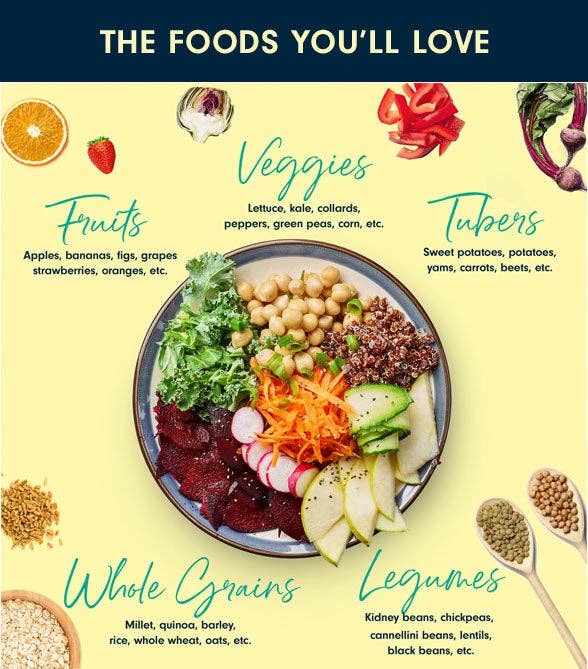
The Benefits of a Whole-Food, Plant-Based Diet
There are several major benefits to moving to plant-based nutrition, all supported by science. Plant-based diet benefits include:
- Easy weight management: People who eat a plant-based diet tend to be leaner than those who don’t, and the diet makes it easy to lose weight and keep it off—without counting calories.
- Disease prevention: Whole-food, plant-based eating can prevent, halt, and in some cases reverse chronic diseases. The scientific evidence is especially overwhelming when it comes to heart disease and diabetes, but research has also linked plant-based diets to lower rates of arthritis, improved liver function, and healthier kidneys.
- A lighter environmental footprint: A plant-based diet places much less stress on the environment.
Read on for a deeper look at some of the key benefits of a whole-food, plant-based diet.
Easy Weight Management
If you’re looking to lose weight (and keep it off), a whole-food, plant-based diet is one of the most powerful tools at your disposal. Research shows that people who eat plant-based diets tend to be leaner than those who don’t. A 2020 review looked at 19 intervention studies—i.e., studies in which participants were assigned a diet for a specified period of time—and found that in each one, participants assigned to plant-based diets lost weight.
Why are healthy plant-based diets so effective for weight loss? Research suggests that the crux is calorie density. Dairy products and highly processed foods are high in calories yet low in the fiber that helps us feel full and fuels a healthy gut microbiome. Whole plant-based foods are low in calories, meaning you can eat a high volume of food without exceeding your calorie needs. That’s why on a whole-food, plant-based diet, you’re encouraged to eat until you’re comfortably satiated—no calorie counting or portion control necessary.
Improve Heart Health
A whole-food, plant-based diet is extremely effective at promoting cardiovascular health and preventing, halting, and in some cases even reversing heart disease, the leading cause of death in the United States. A 2021 review of 99 studies found that diets rich in whole and minimally processed plant-based foods were associated with significantly lower risk of cardiovascular disease compared with diets high in meat and dairy products.
There are several reasons for this. Animal-based foods are high in saturated fat and cholesterol, which raise blood cholesterol levels, causing fatty, wax-like plaque to build up in the arteries. Highly processed foods often contain excessive salt, which raises blood pressure, damaging the lining of the arteries over time. By eliminating these harmful foods from your diet and replacing them with whole plant-based foods, you can bring down your cholesterol levels, blood pressure, and risk of heart disease. Learn more about diet and heart disease here.
Prevent or Reverse Type 2 Diabetes
Healthy plant-centered diets are associated with significantly lower rates of Type 2 diabetes and improved outcomes in those who already have this dangerous chronic condition.
A 2018 report in BMJ Open Diabetes Research & Care found that for people with Type 2 diabetes, plant-based diets were more beneficial than the diets recommended by several diabetes associations, offering greater improvements in physical and emotional well-being.
Plant-based diets are low in saturated fat (a culprit behind insulin resistance) and high in fiber, which helps the body to regulate blood sugar and properly absorb nutrients. Plant-based diets also reduce the risk of being overweight or obese, a primary risk factor for Type 2 diabetes. Learn more about diabetes and diet here.
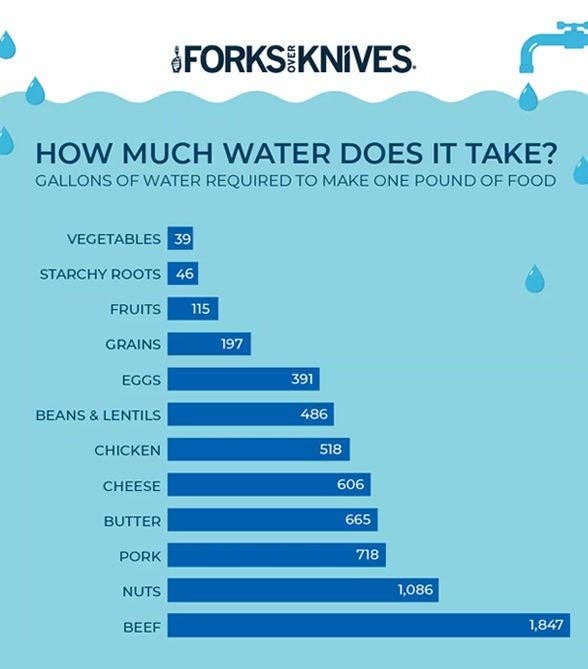
It's Better for the Planet
Plant-based diet benefits also extend beyond your own body: Switching to a WFPB lifestyle is one of the best things you can do for the environment.
The main reason is that raising animals for food is an incredibly inefficient use of resources. Growing crops to feed animals “introduces a major extra step of waste relative to the efficiency of us just eating the plant foods directly,” explains David L. Katz, MD, MPH, FACPM, FACP, FACLM. “If you just eat the plants, you cut out the middleman.” A 2018 analysis found that livestock provides just 18% of calories consumed globally but takes up 83% of farmland. Vegan and plant-based, whole-food diets are also associated with fewer climate-altering greenhouse gas emissions.
Learn more about your diet’s impact on the environment here.
It'll Save You Money on Groceries
Whole and minimally processed plant-based foods are not only the healthiest and most sustainable foods around; they’re also some of the most affordable. In fact, going plant-based can cut grocery bills by $750 a year per person, according to research published in the Journal of Hunger & Environmental Nutrition.When you stock your kitchen with WFPB staples such as brown rice, potatoes, and dried beans, you can assemble nutritious, satisfying meals for just a few dollars. To showcase just how affordable plant-based diets can be, we’ve put together a budget-friendly one-week vegan meal plan: How to Eat Plant-Based for Just $7 a Day
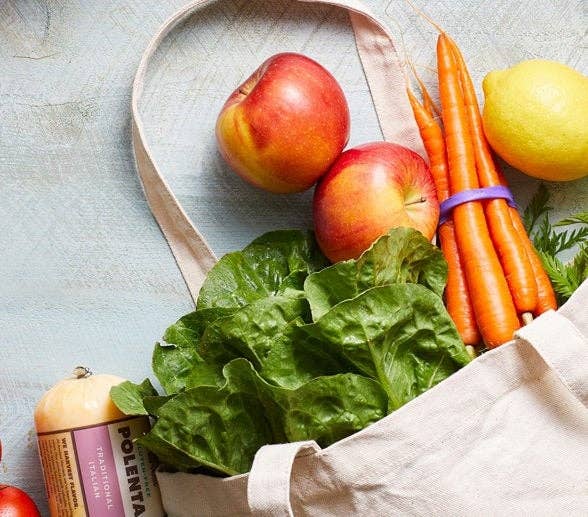
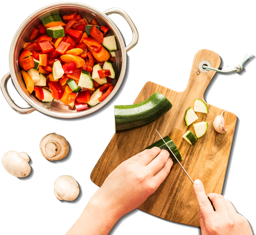


Simple Plant-Based Recipes You'll Love.
We promised a plant-based diet for beginners would be easy! Now it’s time to check out our entire archive of whole-food, plant-based diet recipes. Below are some of our favorites to get you started. You can easily experiment with giving some of your own favorite recipes a plant-based makeover. Replace the meat in your favorite chili with beans or lentils, cook up some wonderful veggie burgers, or make vegetables the star attraction in that stir fry instead of chicken. For more delicious meal ideas, explore our recipe collection.
How to Get Started
While some people like to dive in headfirst and go 100% whole-food, plant-based overnight, we know that a sudden lifestyle shift isn’t for everyone. We asked one of our expert contributors, Craig McDougall, MD, for his advice for those who prefer a more gradual approach: “Add around 1,000 calories of legumes, whole grains, and starchy vegetables to your everyday routine. These starchy foods keep you full and satisfied, so you’ll naturally eat less of the animal products and processed foods that are making you sick.” Dr. McDougall has plenty of other great advice to share.
Forks Over Knives founder Brian Wendel has some good tips too. He encourages people to “not sweat the small stuff” and to look at the big picture instead: “Focus on the big changes like switching from meat, milk, and eggs to whole plant-based foods. Such changes dramatically improve the nutritional composition of your diet, so this is where you will find the most noticeable and measurable improvements in your health.”
Whether you go all-in or decide to make a gradual shift, the time to start making the change is now. You’ll be glad you did.
Let Us Make Whole-Food, Plant-Based Living Easier
We’ve worked with leading chefs, nutritionists, and developers to create a variety of tools that make it easy for you to adopt and maintain a healthy plant-based lifestyle.
Meal Planner
Forks Meal Planner takes the work out of deciding what to eat. Each week you’ll get a customized meal plan, plus a dynamic grocery list and a time-saving weekend prep guide.
Cooking Courses
Learn to cook whole-food plant-based like a pro with our online cooking courses. You’ll master everything from proper knife skills to oil-free cooking and seasoning.
Books & Magazines
With stunning food photography, helpful how-tos, and tips from plant-based experts, our collection of cookbooks and magazines has everything you need.
Useful Resources and Reading
Forks Over Knives Helpful Articles
For anyone new to the whole-food, plant-based lifestyle, these informative articles—authored by chefs, nutritionists, doctors, and other plant-based experts—are an excellent place to start.
See the Film That Started It All
What if one simple change could save you from chronic diseases such as diabetes and heart disease? Take a deep dive into the plant-based diet documentary that has influenced millions around the world.
Your Plant-Based Questions, Answered
We’re sure you’ve got questions about the move to a whole-food, plant-based diet, and we’re here to help.
This post was originally published on Jan. 3, 2017 and has since been updated.
Get delicious recipes, expert health advice, culinary tips and
special offers from Forks Over Knives and our curated partners.
By providing your email address, you consent to receive newsletter emails from Forks Over Knives. We value your privacy and will keep your email address safe. You may unsubscribe from our emails at any time.
